Liberation Radio was established on February 1, 1962 in the Ma Da forest of the D war zone and operated steadily until the day the country was reunified. Our class of editors and reporters directly worked in the forest from May 1971, 9 years after Liberation Radio was established. We can be considered the "youngest" class of reporters, the last class of the station.
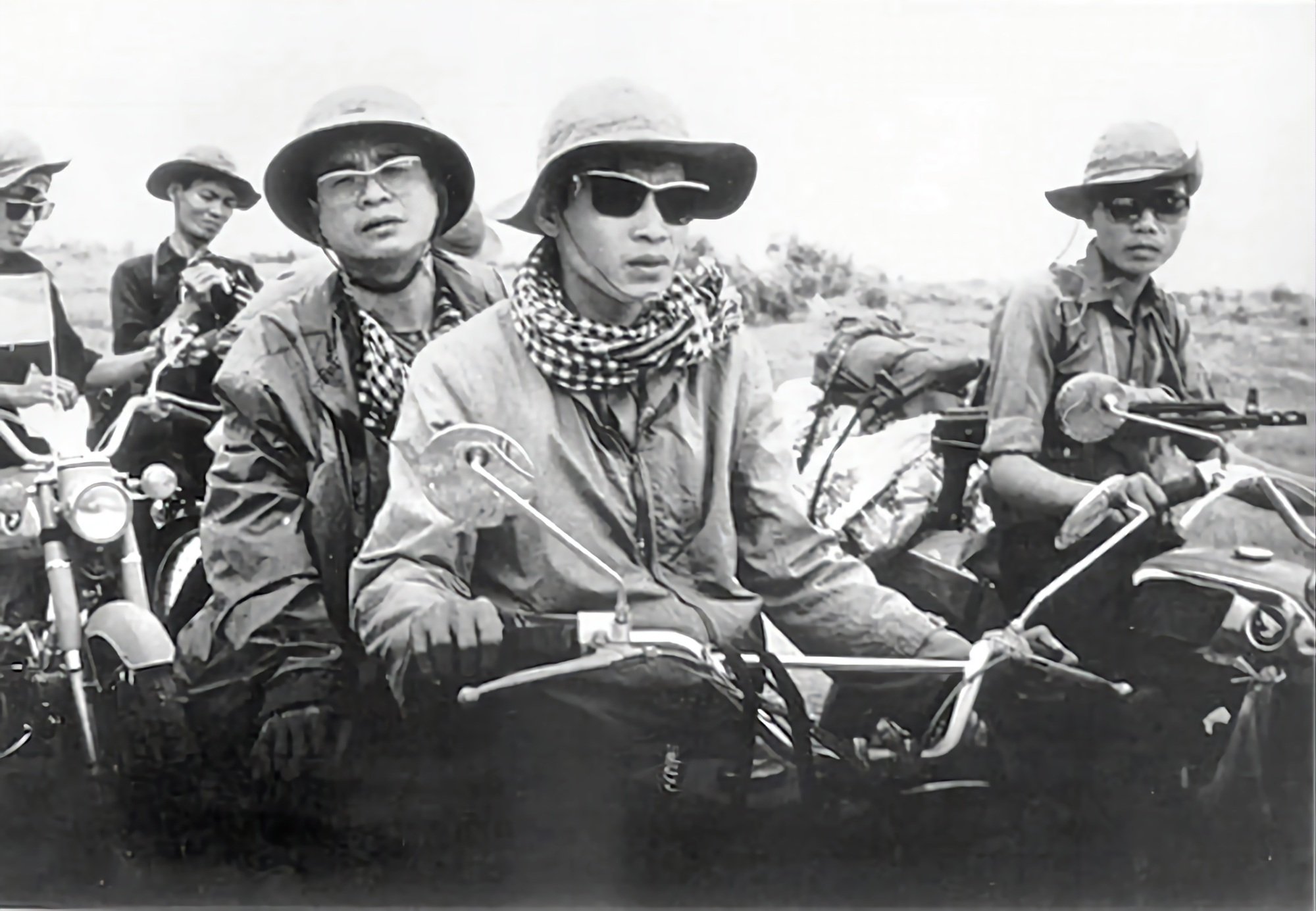
A1.jpgJournalists march from the battlefield to prepare for the takeover in Saigon
PHOTO: DOCUMENT
Talking about the daily work of the station in the forest, it was very methodical. Every hour was very serious. Early in the morning, we reporters got up, had a quick breakfast, then drank tea. The tea that day was Bamboo Shoots Tea, the manager bought it at the border gate and shared it with the tea addicts. Actually, at that time, all the reporters and editors were addicted to tea.
The tea tables "set up" every morning in the forest were a unique feature of the war zone at that time. After the reporters finished their tea, the station director called for a meeting. Every morning there was a serious meeting like that. The director at that time was Mr. Hai Xuyen, but Mr. Sau Ha was the one responsible for the technical aspects. Mr. Sau Ha was very good at his job and had many years of experience in the profession, so his comments on our reporters' articles were well received by the reporters.
The most important part of the morning briefing was to assign experienced reporters to write commentary on current events. I was also chosen from among those commentators. I specialized in writing commentary on military affairs, and was highly trusted by the heads of the military propaganda subcommittee.
The morning meeting ended, everyone went back to their tents and started working. Whoever wrote quickly would have their articles submitted to Mr. Sau Ha for approval before lunch. The approved articles would be televised to Hanoi for broadcast. Writer Le Diep (at the Southern Urban Department) and I usually finished work early, just waiting for lunch to be over before taking our fishing rods to the stream behind the station.
Le Diep and I were two lucky fishermen. The stream was quite deep so there were quite a lot of fish, mainly red-tailed fish. We sat patiently, not fishing to relax or think about big things, but focused on finding fish for dinner. At that time, the kitchen food was too poor, Le Diep and I were both pale from malaria and malnutrition, so improving our fishing was "something we had to do right away".
Usually sitting all afternoon like that, each of us would catch a few red-tailed fish, the tiny fish the size of two or three fingers, but that was already decent enough, we had food for dinner. Even better than food, it could be a drinking bait, if we had money to buy "compatriot phum soc" wine. To get money, Le Diep and I had to go to the radio station's medical room to ask for anti-malaria medicine, and "honestly declare" that we were severely exhausted.
The female doctor was quite easy-going, gave us medicine and also included a prescription for compensation. Le Diep and I each got 100 riel (Cambodian currency). Great! These 200 riel could buy more than 2 liters of "compatriot wine". We spent it slowly, each time we went to the village, we bought half a liter. Like that, every evening we invited a few more friends to drink, the bait was fish we caught, half a liter of "compatriot" wine, enough to drink. After drinking, we went down to the bunker to sleep at night, avoiding B52 bombs.
At that time, B52 and B57 bombs were dropped regularly on the war zone forests. They were dropped randomly, without missing a beat, but we still had to sleep in the basement for safety. It was in a bomb shelter like that that I wrote the long poem Trying to Talk About Happiness. In 2025, that poem is 53 years old.
The basement where I wrote the poem belonged to Mr. Dien, a "forest teacher". The basement was very sturdy, its owner was from Thanh Hoa , so he was very neat.
Working as journalists at Liberation Radio, we had a close group of brothers, including Le Diep, Vu An Thy and I from Hanoi, Kha Luong Ngai and Tuyet Nga from Saigon, each of us was in a sub-committee, but in the forest our houses were close to each other, we were all reporters, so we were very close. Let me tell you more about Tuyet Nga. She is the younger sister of To Nga, who in recent years has become world famous for a famous lawsuit, suing the companies and the US government that produced and sprayed Agent Orange throughout the South during the war, causing many disasters for both sides participating in the war and civilians.
Ms. Tuyet Nga was the first announcer of Liberation Radio in 1962. She then went underground to work in Saigon, but was exposed and had to return to the war zone to become a reporter for the station's Women's Subcommittee. We worked together for more than a year, until the "Red Summer" of 1972 when we said goodbye to Liberation Radio and went to work as a direct reporter on the battlefields.
Although I only did "journalism in the jungle" for a little over a year, it was an unforgettable experience for me. I really started to mature from there. After returning from the My Tho battlefield to the war zone, I became a poet and a not-so-bad journalist. It turns out that for journalists, circumstances are just one factor. No matter how difficult the situation is, as long as you can overcome it, quality articles can still be published.
The war trained journalists like me, and fortunately, even now, 55 years later, I can still write published articles.
Source: https://thanhnien.vn/lam-bao-trong-rung-185250619011434313.htm



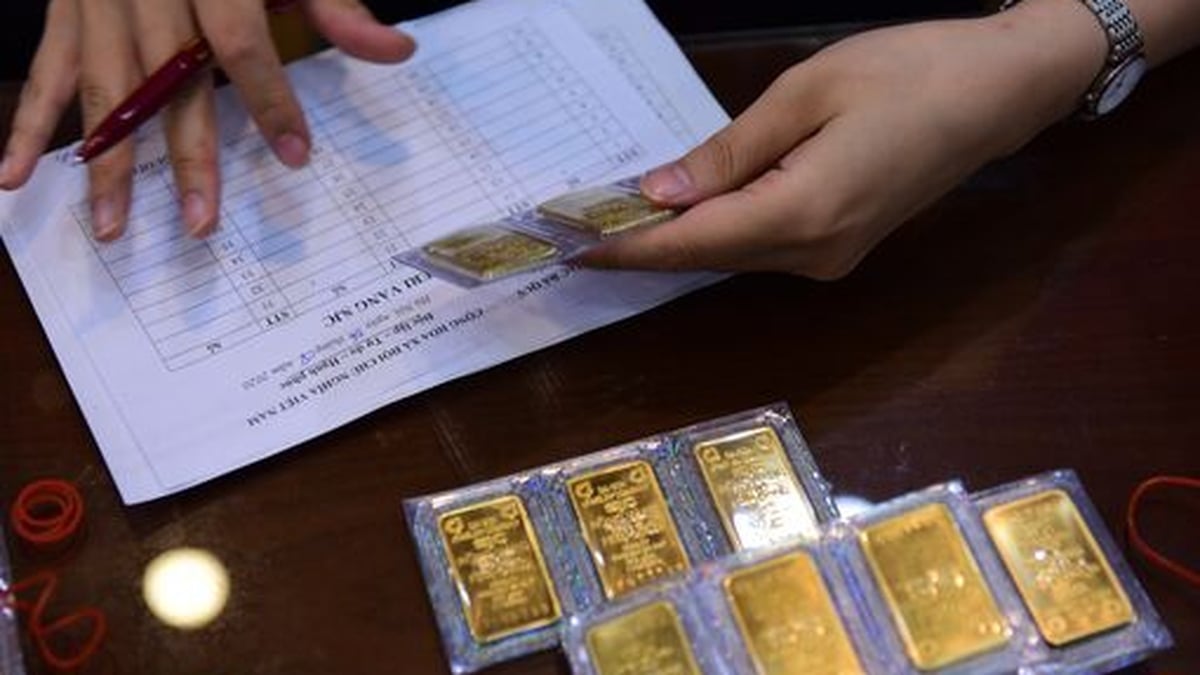
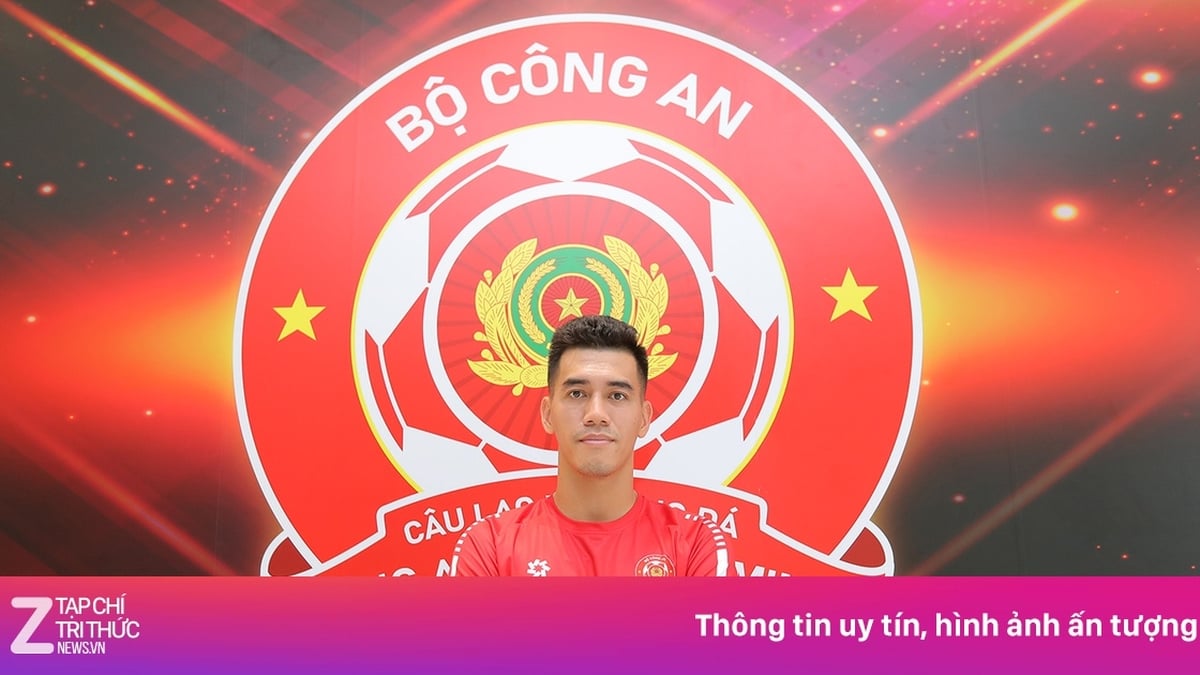
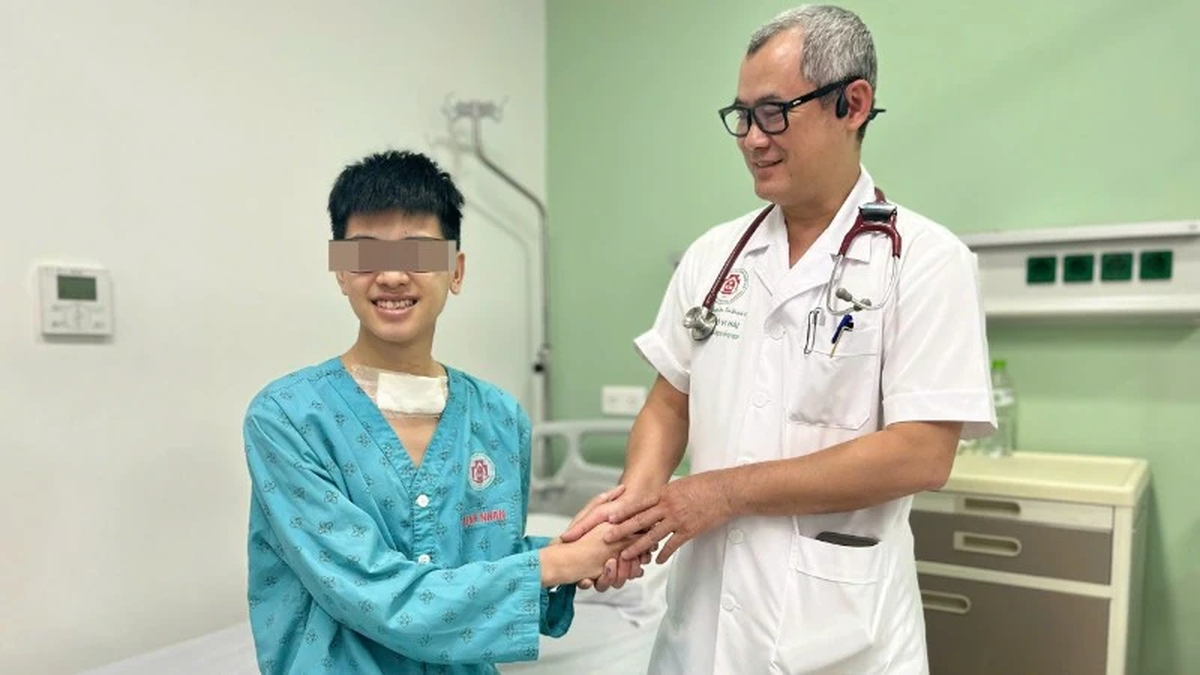
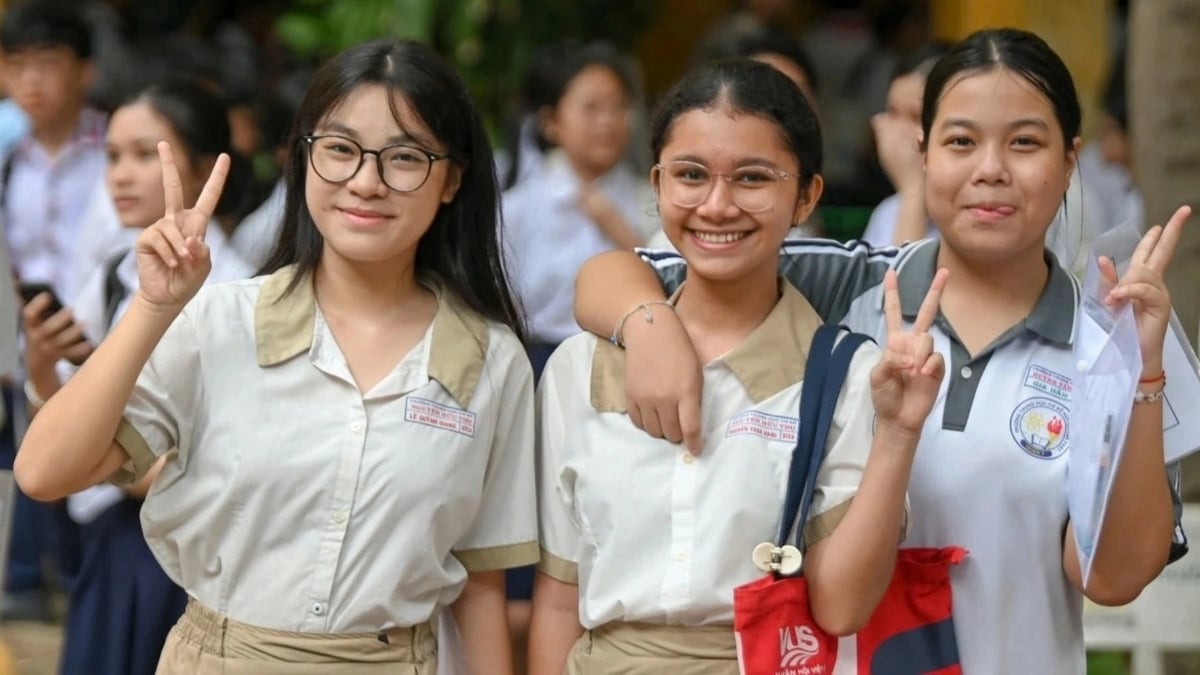
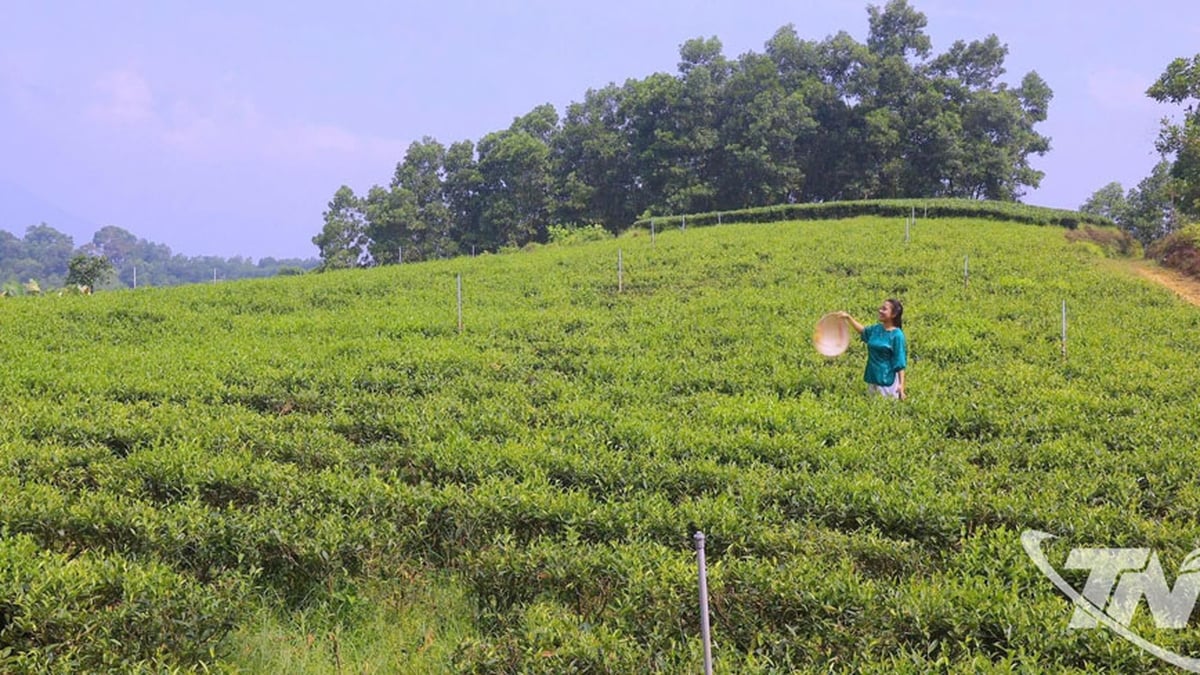
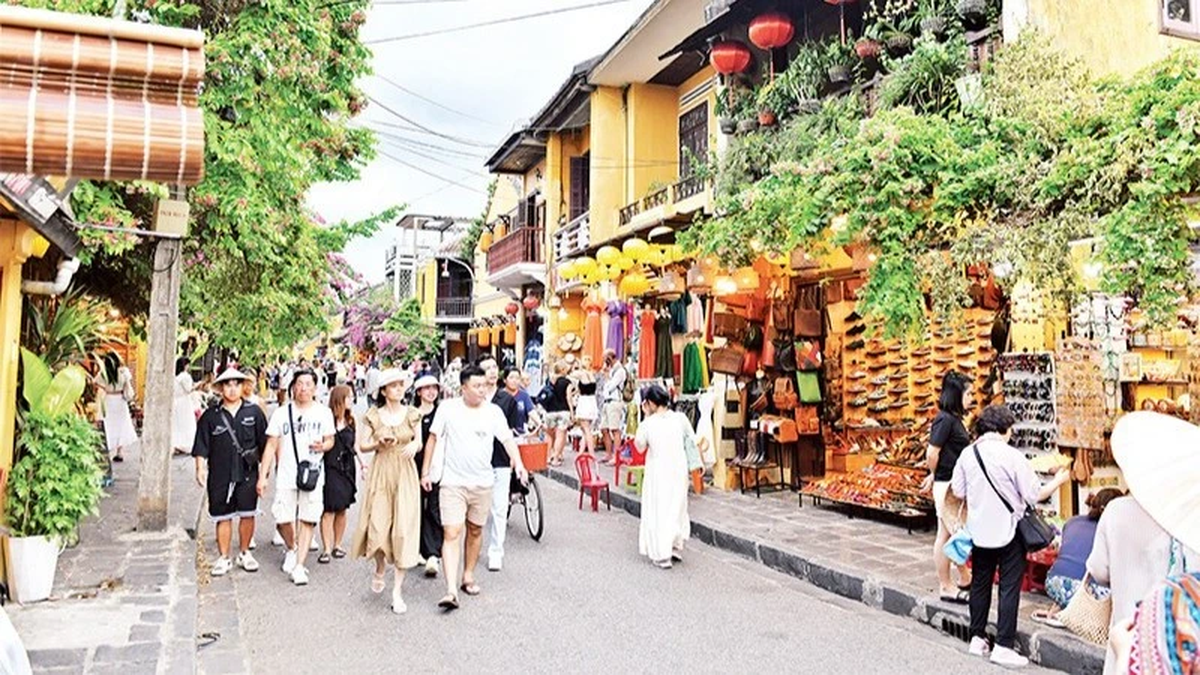


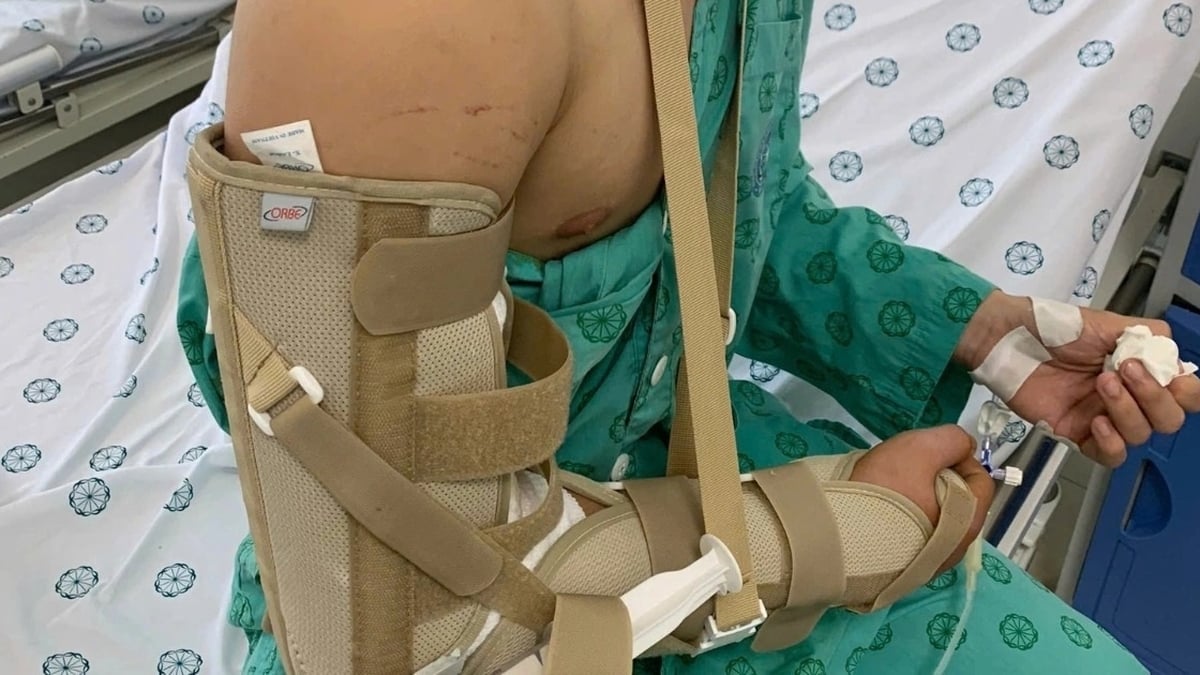

















![[Photo] Nghe An: Provincial Road 543D seriously eroded due to floods](https://vphoto.vietnam.vn/thumb/1200x675/vietnam/resource/IMAGE/2025/8/5/5759d3837c26428799f6d929fa274493)























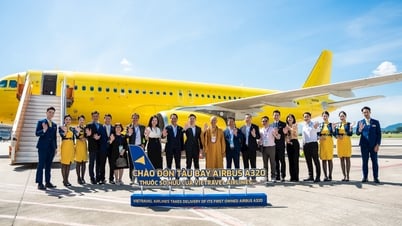



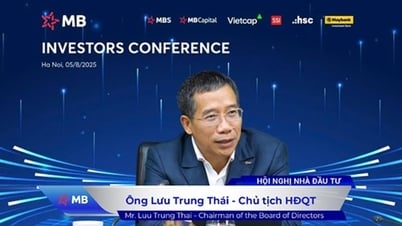

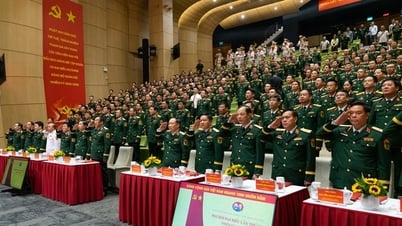
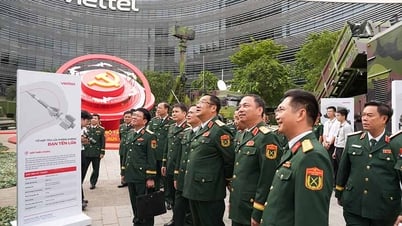
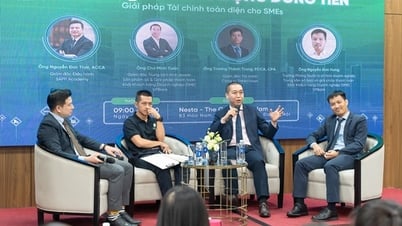
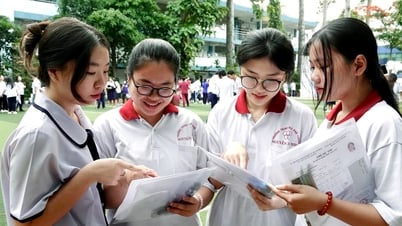
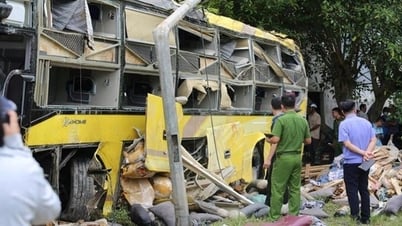

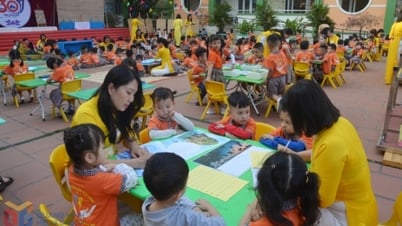

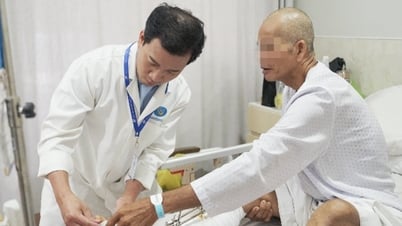
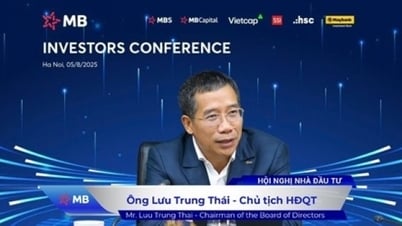

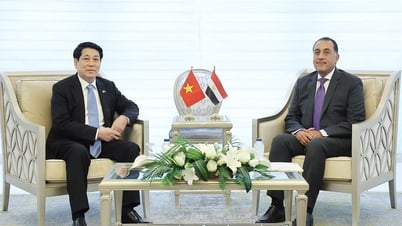

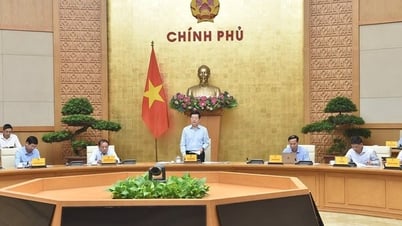

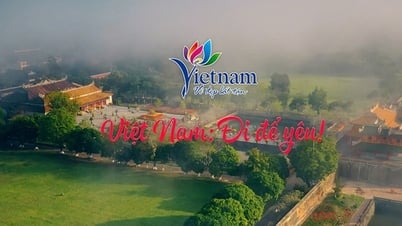
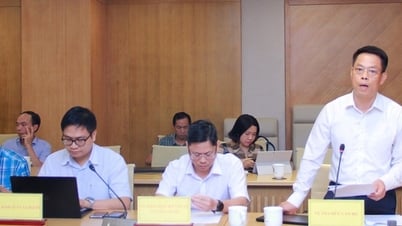

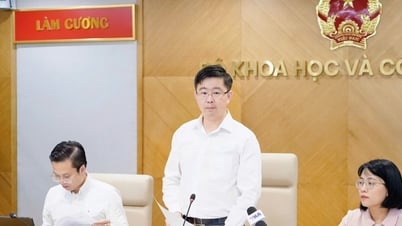
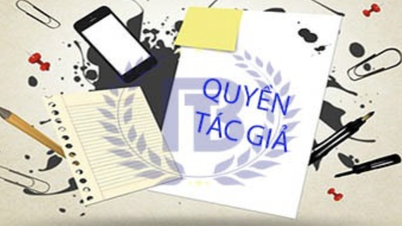
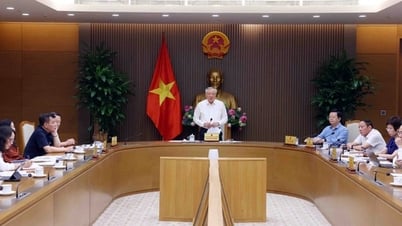


















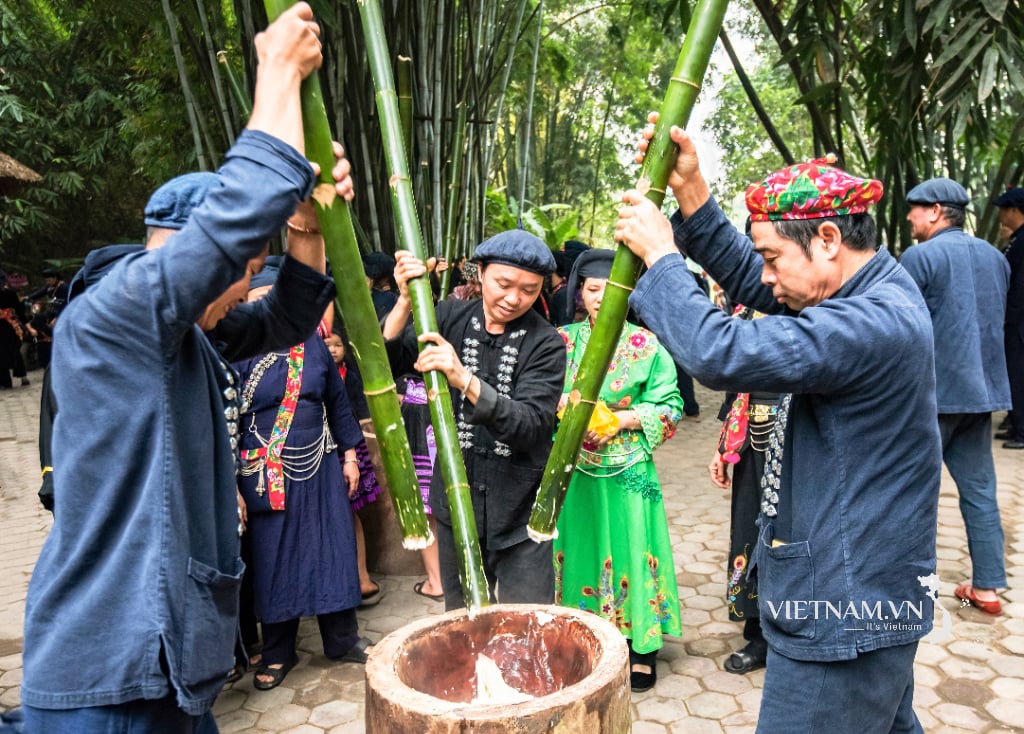
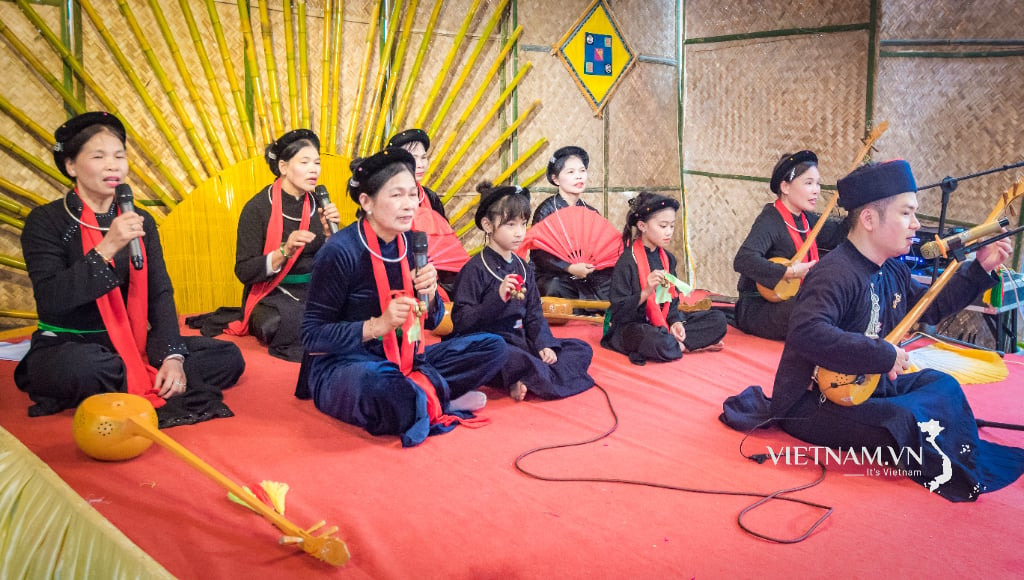
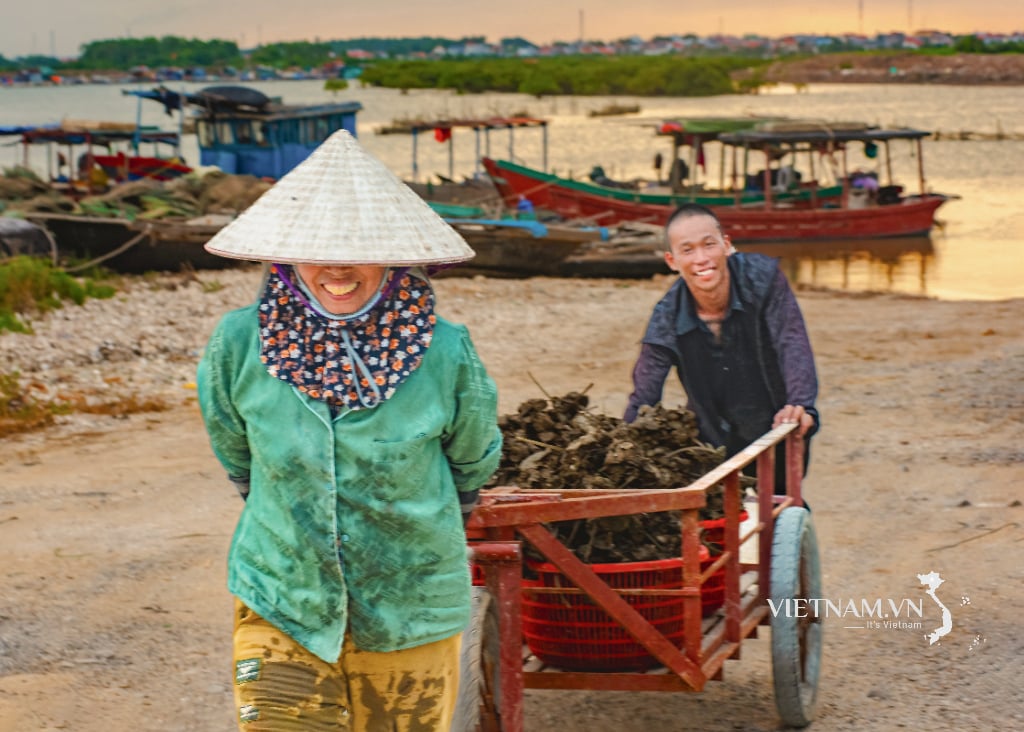
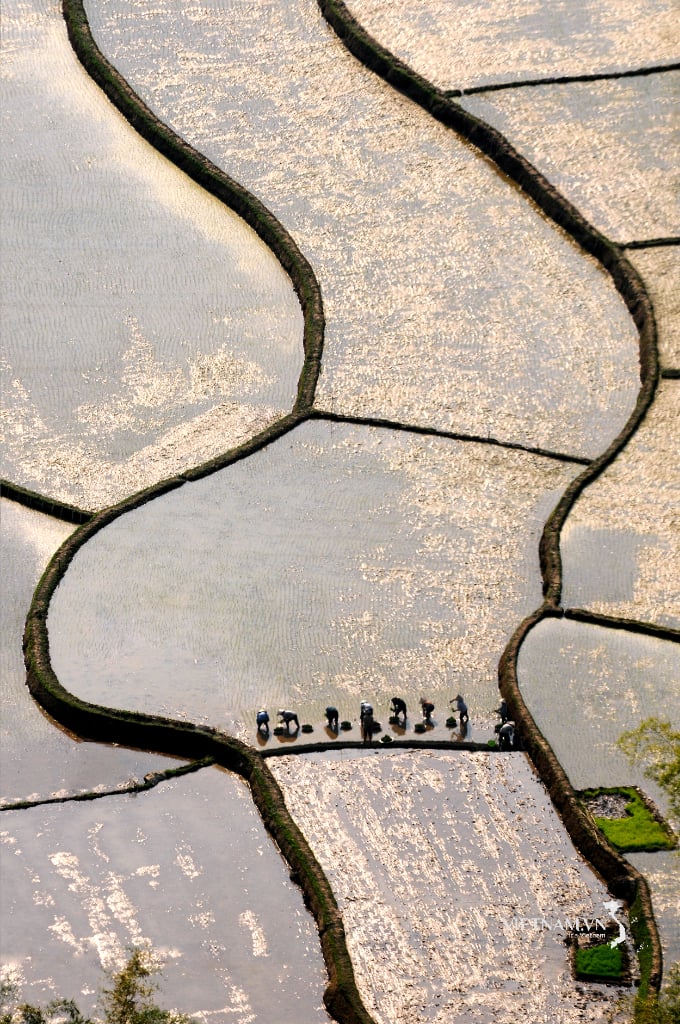
Comment (0)